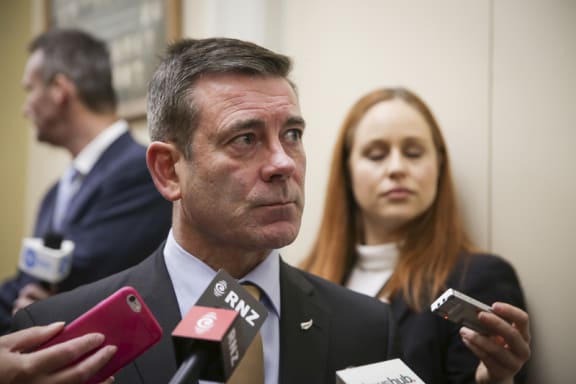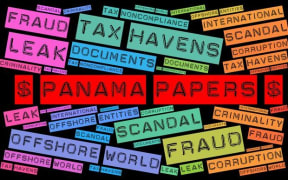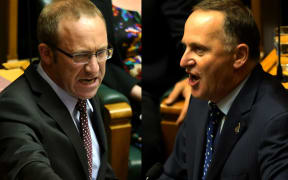New Zealand has little to fear from a European investigation into the Panama papers, according to tax experts and the government.
Recent reports have prompted concerns that New Zealand could be placed on a tax haven blacklist by the European Union.
It was sparked by the creation of a European parliamentary committee to examine the shortcomings in its own tax rules and crack down on tax havens, following [http://www.radionz.co.nz/news/panama-papers revelations about how Mossack Fonseca help the world's richest people use foreign trusts to hide their wealth.
The co-rapporteur of the 65-strong European parliamentary committee looking into Panama Papers, Jeppe Kofod, said uncooperative countries were on notice.
"When we deal with third countries that act as tax havens, we need clear sanctions if they're not going to cooperate to implement the OECD standards," Mr Kofod said.
However, PWC tax partner Geof Nightingale said New Zealand's tax system was up to European standards.
"Uncooperative jurisdictions, and those are jurisdictions that won't implement the OECD Multinational Base Erosion measures; that lack transparency; don't exchange information; encourage harmful tax practices; those kind of things,"
"By any measure, New Zealand's tax system meets all the EU criteria," he said.
And with tighter foreign trust rules in the wind following the Shewan inquiry into New Zealand's trust laws, the Revenue Minister Michael Woodhouse said he was easy about any potential investigation.
"The sorts of questions around tax transparency and the tax framework we have, which considerably passes muster with the OECD, means I'm quite relaxed about any inquiry," Mr Woodhouse said.

Minister of Revenue Michael Woodhouse. Photo: RNZ / Rebekah Parsons-King
Many of the government's foreign trust changes will be in force by the time the European parliamentary committee wraps up its investigation in June 2017.
Europeans appear more concerned about their own failings, with tax avoidance estimated to cost EU members up to €190 billion in lost revenue every year.
Mr Kofod is pushing for measures designed to tackle tax avoiders and those assisting them.
"Some of the things we are fighting for is for the banks and law firms and accountancy firms to be subject to real sanctions if they engage in tax evasion repeatedly and systematically.
"At the end of the day, it should be possible for them to lose their licence to run a business," Mr Kofod said.
Mr Kofod wants to stamp it out by strengthening cooperation in the EU, but he admits that challenge will be difficult to overcome.






